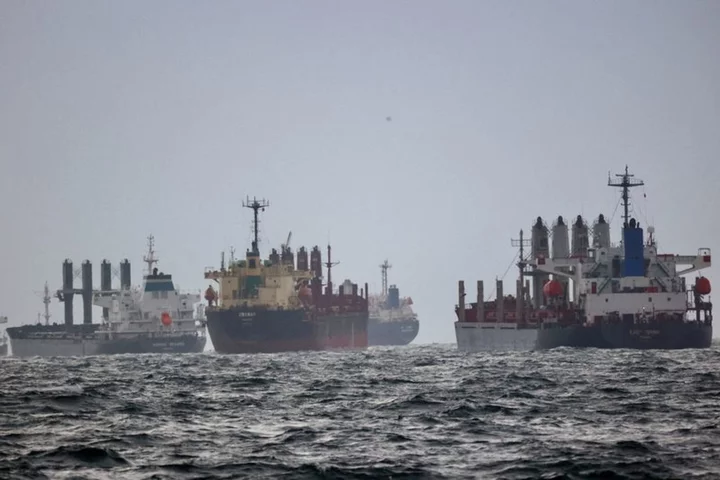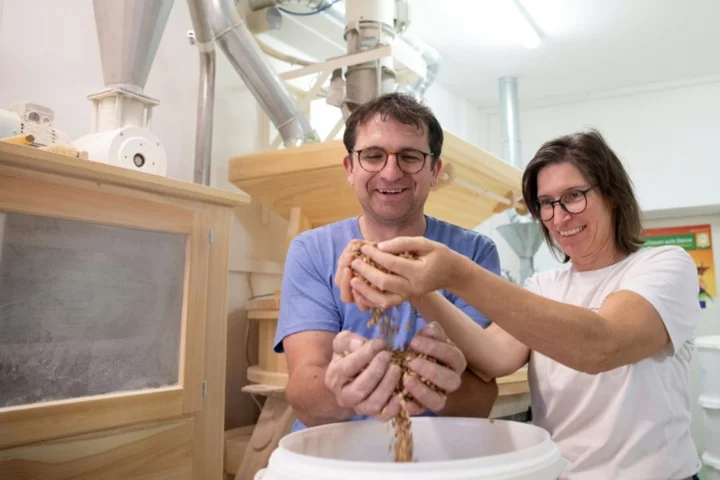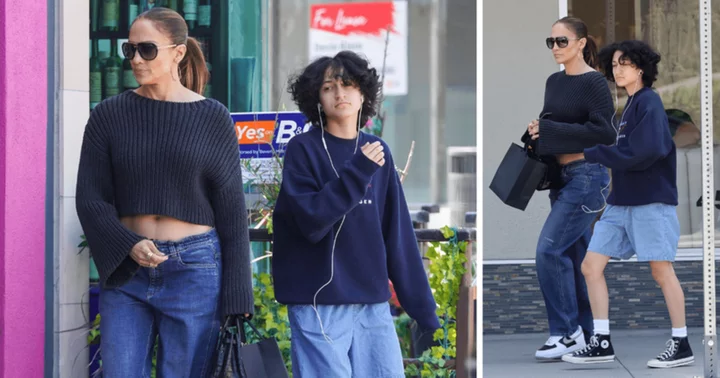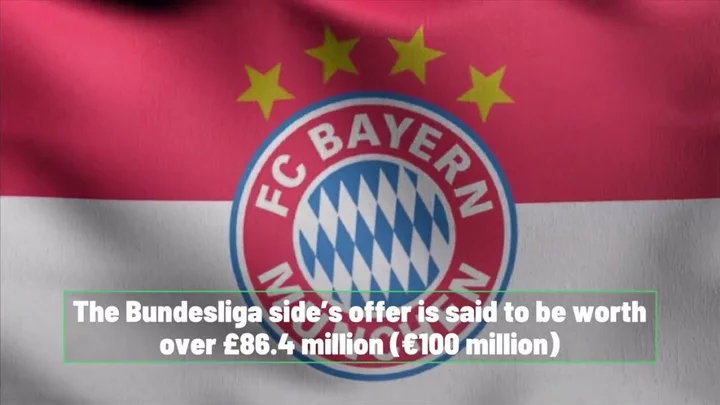By Orhan Coskun and Michelle Nichols
ANKARA/UNITED NATIONS (Reuters) -There is "a quite high probability" of the Ukraine Black Sea grain deal being extended, a senior Turkish source said on Wednesday, a day before Russia could quit the pact over obstacles to its own grain and fertilizer exports.
Earlier, the last ship left a Ukrainian port under the deal, which allows for the safe export via the Black Sea of Ukrainian grain but which is due to expire on Thursday without agreement on an extension.
"The talks (in Turkey) are continuing. They're heading in a positive direction. As far as I can see there is a quite high probability of an agreement being reached," a senior Turkish official said.
"Some contacts are continuing. We are seriously hopeful," the source added.
U.N. data showed that the DSM Capella, the last vessel for now operating under the deal, had left the Ukrainian port of Chornomorsk carrying 30,000 tonnes of corn and was on its way to Turkey.
The United Nations and Turkey brokered the Black Sea deal for an initial 120 days in July last year to help tackle a global food crisis that has been aggravated by Moscow's invasion of Ukraine, one of the world's leading grain exporters.
Moscow agreed to extend the Black Sea pact for a further 120 days in November, but then in March it agreed to a 60 day extension - until May 18 - unless a list of demands regarding its own agricultural exports was met.
'OPEN QUESTIONS'
To convince Russia in July to allow Black Sea grain exports, the United Nations agreed at the same time to help Moscow with its own agricultural shipments for three years.
"There are still a lot of open questions regarding our part of the deal. Now a decision will have to be taken," Kremlin spokesman Dmitry Peskov told reporters on Tuesday.
Asked on Wednesday about how the talks were progressing, Peskov told a briefing he would not enter into "hypothetical discussions" on what Russia would do if the grain deal lapses.
Senior officials from Russia, Ukraine, Turkey and the U.N. met in Istanbul last week to discuss the Black Sea pact.
Turkish Foreign Minister Mevlut Cavusoglu said last week he thought the deal could be extended for at least two more months.
While Russian exports of food and fertilizer are not subject to Western sanctions imposed following the February 2022 invasion of Ukraine, Moscow says restrictions on payments, logistics and insurance have amounted to a barrier to shipments.
The United States has rejected Russia's complaints. U.S. Ambassador to the U.N. Linda Thomas-Greenfield said last week: "It is exporting grain and fertilizer at the same levels, if not higher, than before the full scale invasion."
Officials from Russia, Ukraine, Turkey and the U.N. make up a Joint Coordination Centre (JCC) in Istanbul, which implements the Black Sea export deal. They authorize and inspect ships. No new vessels have been authorized by the JCC since May 4.
Authorized ships are inspected by JCC officials near Turkey before travelling to a Ukrainian Black Sea port via a maritime humanitarian corridor to collect their cargo and return to Turkish waters for a final inspection.
In an excerpt of a letter seen by Reuters last month, Russia told its JCC counterparts that it will not approve any new vessels to take part in the Black Sea deal unless the transits will be done by May 18 - "the expected date of ... closure."
It said this was "to avoid commercial losses and prevent possible safety risks" after May 18.
Given this warning by Russia, it appears unlikely that any ship owners or insurance companies would be willing to continue transporting Ukrainian grain exports if Russia does not agree to an extension of the deal and decides to quit.
The United Nations, Turkey and Ukraine did continue the Black Sea agreement in October during a brief suspension by Russia of its participation.
Some 30.3 million tonnes of grain and foodstuffs has been exported from Ukraine under the Black Sea deal, including 625,000 tonnes in World Food Programme vessels for aid operations in Afghanistan, Ethiopia, Kenya, Somalia, and Yemen.
(Additional reporting by David Ljunggren Nigel Hunt Writing by Michelle Nichols and Gareth JonesEditing by Daren Butler and Mark Potter)









